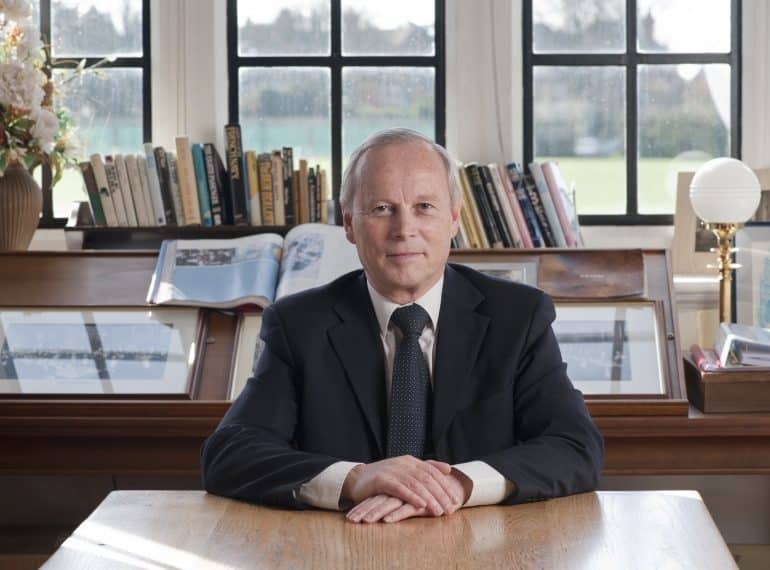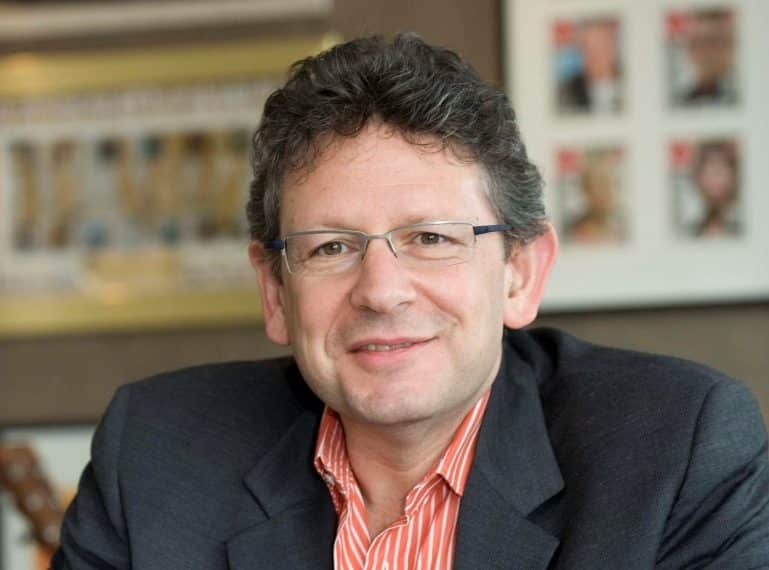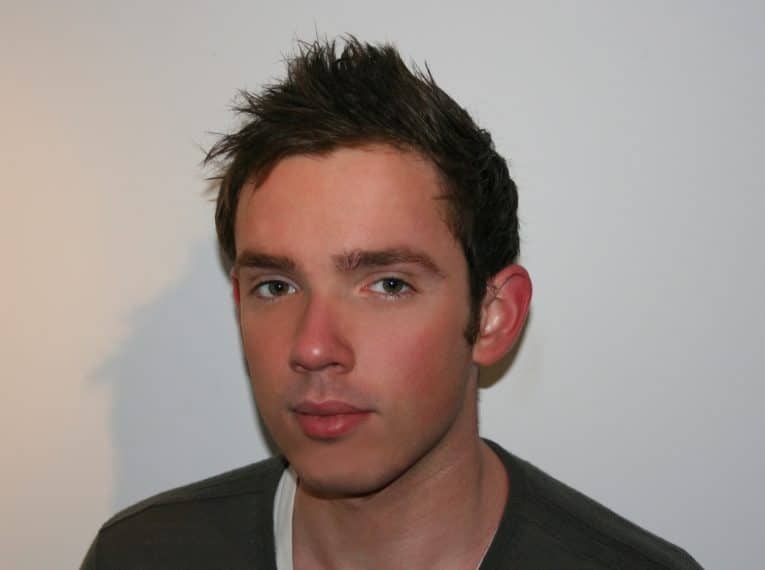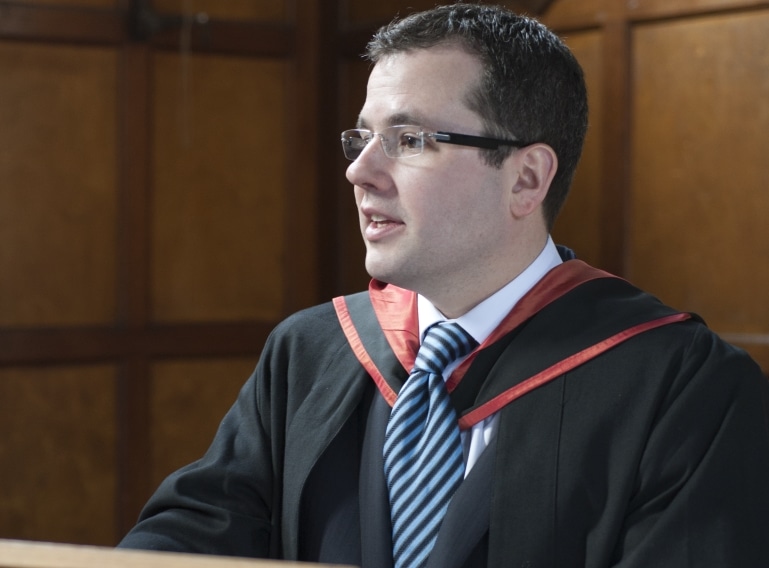
John Marincowitz, Headmaster at QE since 1999, retires at the end of this academic year. Under Dr Marincowitz’s tenure, QE has further strengthened its reputation, achieving a fifth successive ‘outstanding’ rating from Ofsted and often topping national league tables for academic achievement.
The following tribute was written for the Summer Term issue of the School’s printed termly newsletter.
Towards the end of the School Chronicle, which is read annually on Founder’s Day, it is recorded that “in the year 1999, John Marincowitz, Doctor of Philosophy of London University, succeeded as the 39th Headmaster”. It is a statement which is entirely accurate, yet does nothing to convey the contribution of a man who has served the School with such distinction, not least because it picks up the story some fourteen years into John’s career at Queen Elizabeth’s.
Arriving in 1985, John was given a temporary contract as a teacher of History. His love of his subject is apparent to all who know him, and he set about instilling that same passion into his pupils, engaging them in historical and political debate, encouraging them to read widely and evaluate the differing views of prominent historians, teaching them to question rather than accept, and equipping them with the ability to construct their own argument and present it with conviction. His knowledge and enthusiasm earned him respect and affection in equal measure from his pupils, many of whom were inspired to continue their study of History at university and beyond.
John’s qualities of leadership and management were also quickly recognised in his appointment as Head of Year in the middle school, where pupils in need of support found a sympathetic listener with a genuine concern for their welfare and progress. Pupils in need of correction found a clear and uncompromising response which ensured that a second dose was rarely, if ever, necessary. This appointment gave John membership of “Cabinet”, the senior management team of the School, and an opportunity to influence direction and development. The strong desire to see ever-increasing levels of achievement, confidence and responsibility amongst the pupils made John the obvious choice when the post of Head of Sixth Form became vacant. Under his leadership the sixth form grew in numbers and in quality, with John taking a personal interest in the development of each and every pupil. The development of the teaching staff was also, of course, central to the progress of the School, and John led the first successful bid to gain Investors in People status in 1996.
Appointed as Headmaster in 1999, John set about taking the School “from excellence to eminence”, recognising the quality of the establishment he had inherited from Eamonn Harris, but recognising also the potential to take the School to new heights. At the start of his headship, and at the start of each academic year which followed, John placed before the staff a quotation which perhaps gives the best insight into the philosophy which has underpinned the progress of the School throughout the years of his leadership: “No matter how much you systemise it, education is terribly personal. It is to do with elusive and very important human qualities.” Boys at the School achieve spectacular results, but their personal development, the opportunities for them to indulge their interests, the word of praise in a corridor from a member of staff who has noted their achievement, the careful guidance which sets them on the appropriate path as they move on from Queen Elizabeth’s, all of these rank equally in the School which John has led. Staff have benefited from this approach to the same extent, each given the sense of a genuine and personal interest in their development and huge appreciation for the contributions they have made. It is a testament to John’s remarkable leadership skills that such a convivial atmosphere pervades the School, whilst demands and expectations remain at the highest possible level and improvements continue year on year. In addition to a determination to create the best possible educational experience, John has been tireless in pursuing the objective of translating the generous donations of parents and supporters into the finest facilities for boys and staff to work in; the Martin swimming pool and the Shearly Hall stand as fitting tributes to his success. It is, though, the successes of the generations of pupils who have passed through the School during John’s 26 years at Queen Elizabeth’s and who return regularly to thank him for all that he and the School have done for them, in which John himself takes the most pride and the most pleasure.
The School Chronicle concludes thus: “And so the efforts and generosity of many: the Governors, Trustees, parents, teachers, boys and old boys, all have made the School renowned and all have made the School to flourish – may it always flourish.” Amongst the illustrious predecessors who have made the School renowned and made the School to flourish, John Marincowitz has most surely earned his place – and in so doing he has earned our profound gratitude.





